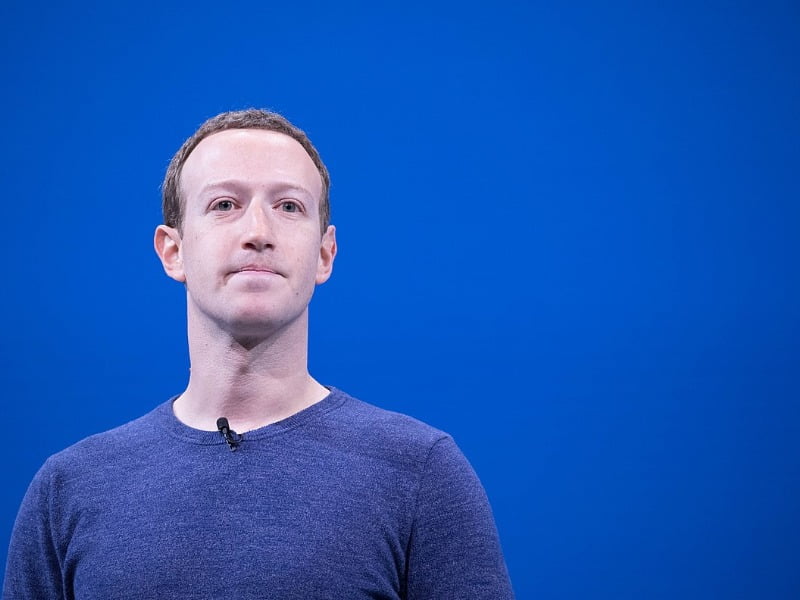Facebook has claimed it did not try to intimidate lawmakers when it pulled news content from Australian users earlier this year in response to the media bargaining code legislation, and won’t rule out doing it again if it becomes subject to the code.
Representatives from Facebook fronted a Senate inquiry into media diversity on Monday, arguing the company’s unprecedented move to block news content from Australian users was not designed to force the parliament into amending the media laws in its favour and it “did not expect” the government’s last minute amendments, which were in its favour.
The company, which reinstated news content after securing late changes to the laws, also refused to rule out repeating a news block in Australia if it feels it will be subject to the regulation.
Following the introduction of legislation underpinning the News Media Bargaining Code, which establishes a mechanism for forced ‘final offer’ arbitration between platform companies and news publishers, Facebook took the unprecedented step to block news content from Australian users.

The measure ensured Facebook would not be subject to the code which it argued created “uncapped liabilities”. But the block caused alarm for local users who lost access to news content along with a host of community, government and emergency services inadvertently caught up in the block.
Facebook also suspended its negotiations with news publishers for revenue sharing deals because of the uncertainty it said the code created.
The media laws were subsequently watered down in the tech giant’s favour, including the legal requirement the government consider platform companies’ contribution to the sustainability of Australian media through commercial deals when deciding whether to designate them under the code.
Facebook also gained a longer notice period for any planned designation and the inclusion of mediation before any arbitration. The tech giant promptly reintroduced news content and resumed negotiations with publishers.
At the hearing, Facebook executives claimed the company did not make the decision to block news content in an effort to secure changes to the bargaining code.
“Our understanding at the time was that this legislation which had passed the House was not going to be changed [in the Senate],” Facebook Vice President of Policy for APAC Simon Milner said.
“And therefore we did not expect what happened in the following few days when the government said to us ‘oh, well let’s look at this [code] and see if there’s somethings we can do to this legislation to address your concerns.’
“We did not expect that.”
Senator Hanson-Young rejected Facebook’s claim as not passing the “pub test” because the platform giant blocked news before the legislation had passed both houses.
The company, along with Google, also reportedly engaged several high powered lobbyists and was able to secure meetings for its global CEOs with Australian Government ministers about the code at the time.
The subsequent amendments gave Facebook the “flexibility” it needed to resume negotiations with news publishers and reinstate news content for Australian users.
Facebook Director of Policy, Australia, New Zealand & Pacific Islands Mia Garlick told the inquiry the company now has letters of intent or long form agreements with six publishers: Channel Seven, News Limited, Schwartz Media, Private Media, Solstice and Sky News.
Ms Garlick declined to reveal the dollar amounts of the deals because they are commercial in confidence but said they were typically for three years and collectively valued in the tens of millions of dollars. She said the company is also in active discussions with several other publishers and is working on a new initiative to support smaller and regional publishers.
Despite the progress, the tech giant would not rule out pulling content again if threatened by designation under the code, which could lead to regulated agreements with publishers.
“We think that a commercially arrived at set of arrangements that enables us to work with and support publishers is preferable to legislated or regulated arrangements,” said Mr Milner.
“We are therefore hopeful that we will not get to a place where the government decides that it wants instead to move from commercial arrangements to regulated ones. But if that happens then obviously, like others, we’ll have to review the situation to decide what to do.”
Do you know more? Contact James Riley via Email.

